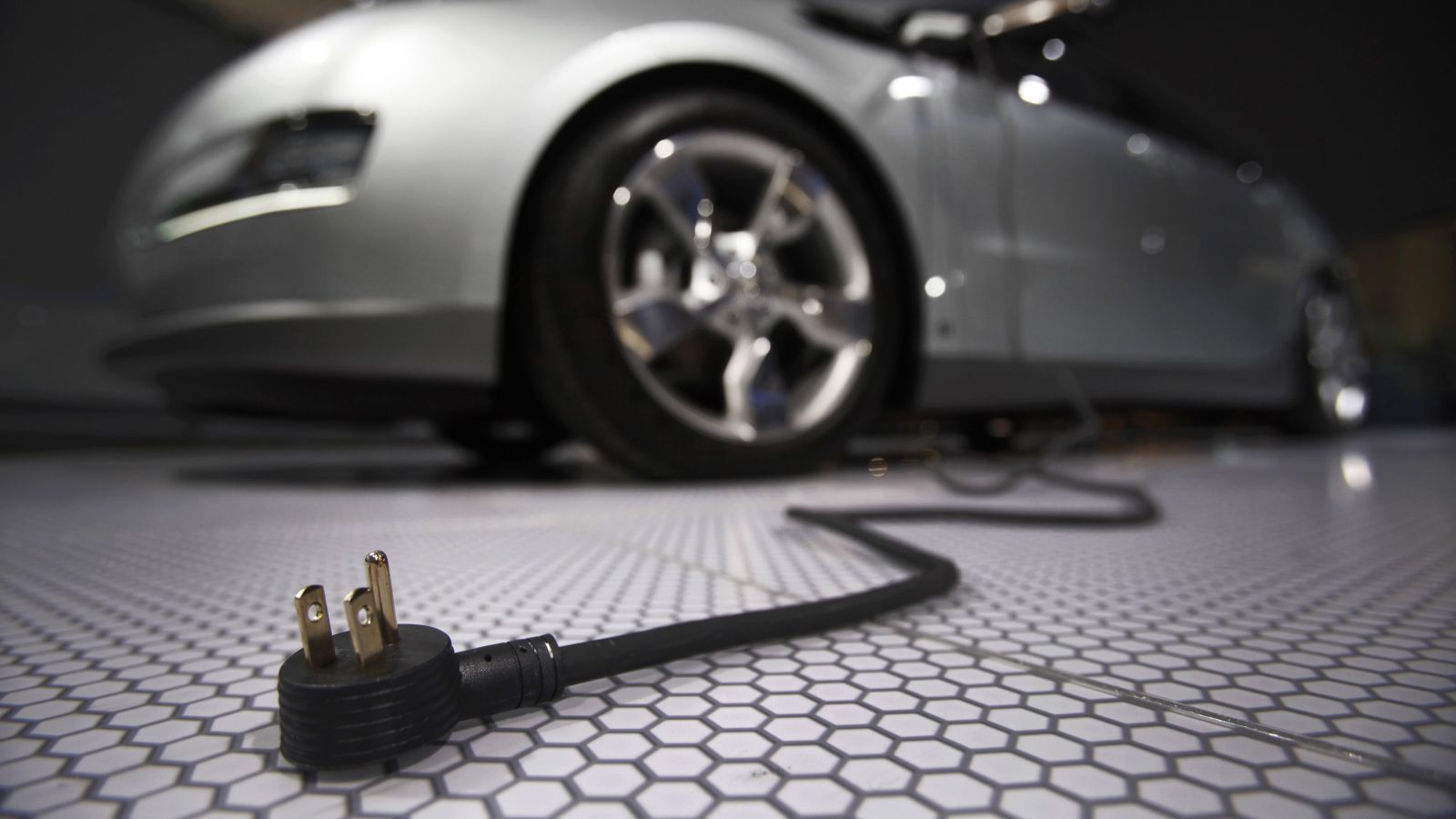Republican’s tax reform bill is dimming the dream of electric cars for everyone
The proposed GOP tax bill is out. And so, it appears, are tax credits that have buoyed the nascent electric vehicle market.


The proposed GOP tax bill is out. And so, it appears, are tax credits that have buoyed the nascent electric vehicle market.
Although less than 1% of the 17.5 million cars sold in the US each year are fully electric, that’s changing fast. Volkswagen, Volvo, and GM have announced they will go all-electric the coming decade. Countries from the UK to Germany have committed to phasing out fossil fuel-powered passenger vehicles.
As Republicans consider the biggest tax reform bill in a generation, support for the electric vehicle (EV) may be one of the first things to go. Automakers can now offer customers as much as $7,500 in tax credits for electric vehicles (the credit starts at $25,00 and increases with battery capacity). The tax credit phases out as manufacturers reach capacity of 200,000 EVs per company.
If repealed, the credit would end after the 2017 tax year, according to a summary of the bill released Thursday by the House Ways and Means Committee. Only Tesla and GM are close to hitting the phase-out limit (likely in 2018). GM told Automotive News it would fight the removal saying the credits are “an important customer benefit that can help accelerate the acceptance of electric vehicles.”
While uncontroversial when passed with bipartisan support as part of the Energy Improvement and Extension Act in 2008, EVs are a target for Republicans in Congress.
How important are the tax credits? In the US state of Georgia, lawmakers canceled a $5,000 income tax credit for EVs and the number of such vehicles sold plunged from 1,426 in July 2015 to 242 the following month (an 83% drop).
Even Norway, the world’s leader in EV sales per capita, needs incentives to boost the low-end of the market. In September, all-electric and hybrid vehicles accounted for a record 60% of new car sales in Norway, reports the Financial Times (paywall). The country is rapidly transitioning its entire vehicle fleet away from fossil fuels by 2025. Still, 72% of Norwegian buyers say they choose electric cars for economic reasons (paywall), not environmental ones.
Analysts say EVs are on the verge of going mainstream. Most of the fastest-selling used cars in the US are electric. In cost, EVs are approaching parity with conventional vehicles after including price, fuel, and maintenance over the life of the vehicle.
But most buyers look first at the sticker price. Manufacturers need to sell millions of EVs, not thousands, to gain the economies of scale to make them as cheap, or cheaper, than conventional counterparts.
While the premium electric car market dominated by Tesla, BMW, and others will likely shrug off any loss of incentives, most car buyers are extremely price sensitive. Without the tax credit, the market for mass-market EVs like the Tesla Model 3 may struggle, despite its $35,000 base price, which is around the median for US cars.
“That will stop any electric vehicle market in the US, apart from sales of the highly expensive Tesla Model S,” Xavier Mosquet, an EV analyst for Boston Consulting Group said in Automotive News. “There’s no Tesla 3, no Bolt, no Leaf in a market without incentives.” The consulting firm Navigant has estimated that government support for EVs will boost overall demand for plug-in hybrids and EVs by as much as 20% through 2025.
Of course, none of this is final. The Republican-held Congress, desperate for a legislative win, is betting on tax reform as its last, best chance to score a major achievement before the 2018 mid-term election.
Yet only 28% of respondents support the tax plan as it stands, according to a new survey by ABC News and the Washington Post. It is not even clear if Republicans have enough support in their own party to get it through both houses of Congress. Look for plenty of horse-trading as Republicans try to get the bill passed with virtually no room for error.
Electric vehicles’ tax credits may not survive the trip.